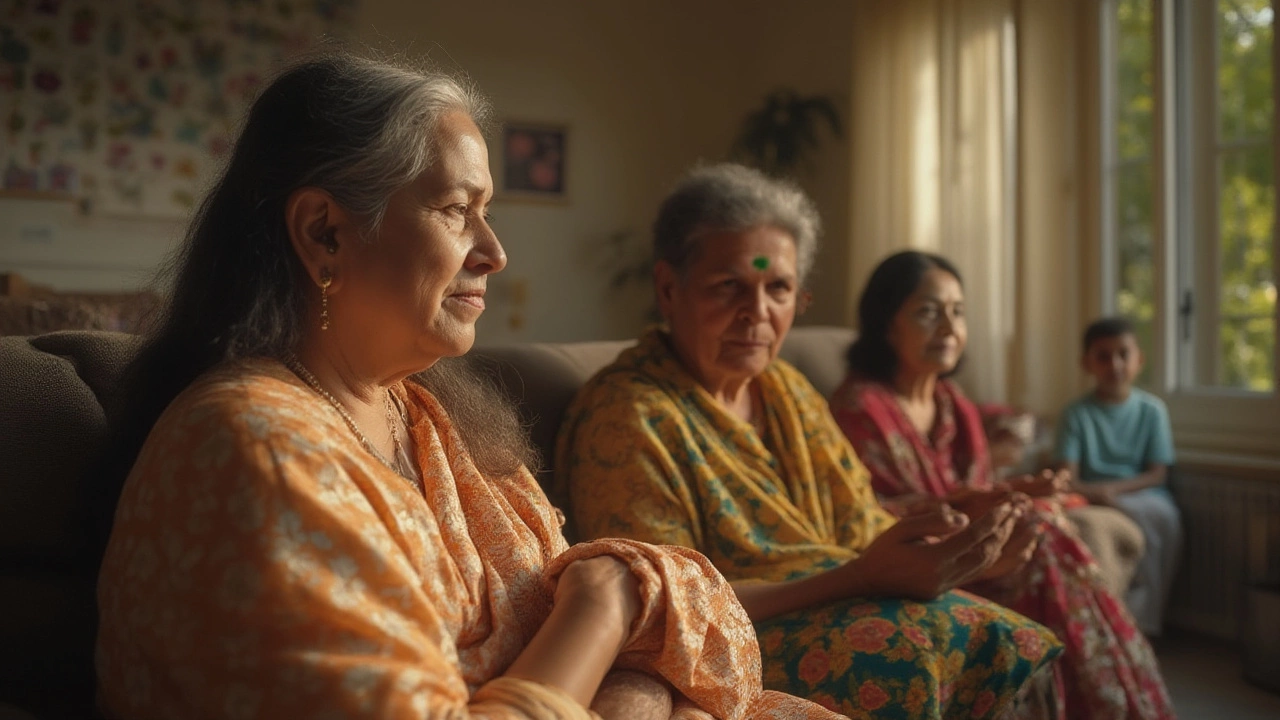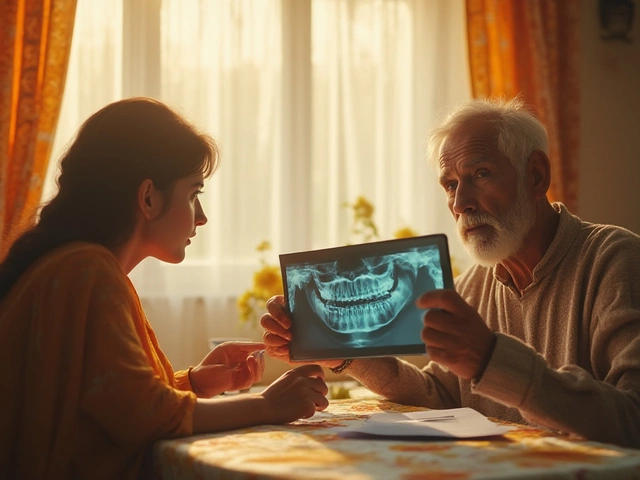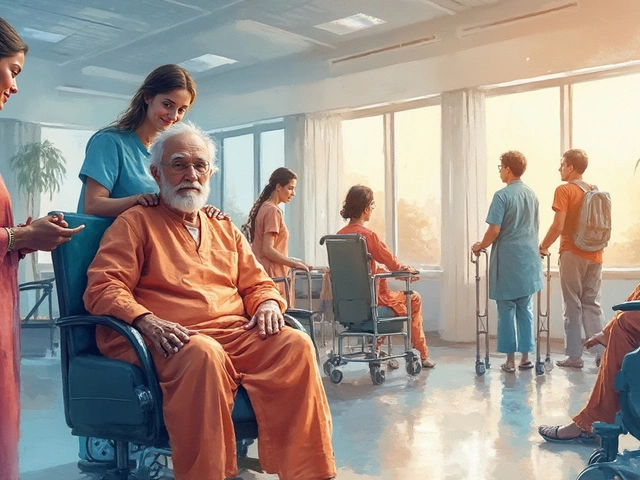Alternative Cancer Treatments – Real Options, Benefits, and Risks
When exploring alternative cancer treatments, therapies that sit beside conventional chemotherapy, radiation, or surgery and aim to support the body’s natural defenses. Also known as complementary oncology, they try to improve quality of life during a tough battle. One popular branch is herbal medicine, the use of plant‑based extracts to ease symptoms or even target tumor cells, often called phytotherapy. Another key focus is managing cancer pain, the chronic discomfort many patients feel during treatment and recovery, which can be addressed with acupuncture, essential oils, or specific herbs. For advanced cases like stage 4 cancer, when cancer has spread beyond its original site, alternative options can offer quality‑of‑life relief even when cure is unlikely. alternative cancer treatments therefore encompass a wide mix of practices that patients often combine with standard care to boost wellness and reduce side effects.
Why Explore Alternative Options?
Many patients turn to these approaches because they want more control over their health journey. Alternative cancer treatments require patient education and a clear understanding of how each method works, which makes informed choices possible. Clinical research influences which herbs are considered safe, while real‑world survivor stories shape public perception of what actually helps. When a patient combines a dietary supplement with chemotherapy, the interaction can alter drug absorption—a fact that highlights why professional guidance is essential. At the same time, natural remedies can influence cancer pain management by reducing inflammation, which in turn eases the need for high‑dose opioids. This relationship between herbal medicine and cancer pain creates a feedback loop where better symptom control may allow patients to stay on conventional treatments longer. Moreover, for those facing stage 4 cancer, the goal often shifts from cure to comfort, and alternative therapies become a central part of palliative care plans.
Integrating alternative cancer treatments into a comprehensive care plan means looking at safety, evidence, and personal goals side by side. Patients should ask for documented outcomes, check for possible drug‑herb interactions, and consider enrolling in clinical trials that test new complementary methods. The collection below brings together articles that dig into these topics: from the science behind herbal extracts to real survivor stories, from practical tips on easing treatment‑related pain to a realistic look at life expectancy for advanced disease. By reading ahead, you’ll gain a clearer picture of which options might fit your situation, how to talk to your oncologist about them, and what steps you can take right now to make your cancer journey as manageable as possible.

When to Refuse Chemotherapy: Choosing Your Cancer Treatment Path
Chemotherapy isn’t always the right choice. Find out when patients consider other options, how doctors help, and which facts matter most in saying no to chemo.
read more



